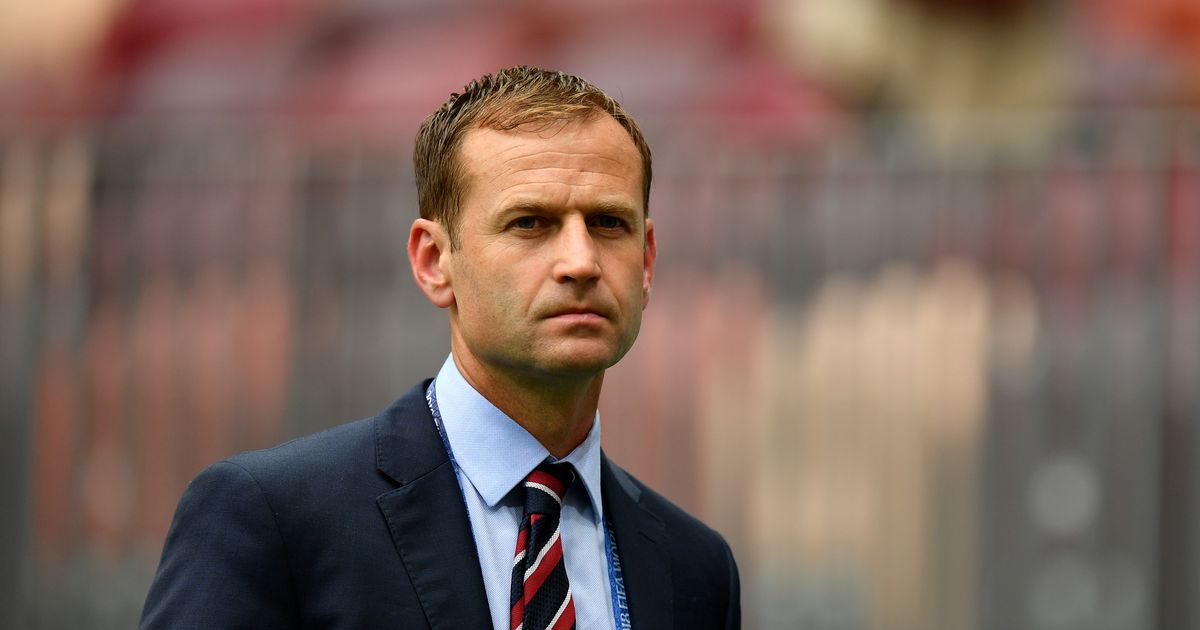This summer’s transfer window is influenced by the Premier League’s profit and sustainability rules, which place financial constraints on all clubs, including Manchester United. As a result, the club’s spending capacity has been significantly reduced, with a current budget of around £50m. To supplement this budget, United must rely on revenue from player sales. Therefore, the club is focusing on both incoming and outgoing transfers, aiming to secure deals before the summer tour to the US on July 24.
Several players have already left the club, including Raphael Varane, Anthony Martial, and Brandon Williams. However, these departures did not generate any revenue as they left when their contracts expired. United now needs to move on additional players to raise funds for targeted upgrades in key positions such as centre-back, midfielder, and striker. It remains uncertain whether all targeted players will be successfully offloaded, but it is clear that United will have to incur significant financial losses on some of them, particularly Antony and Sancho, who were signed for large sums.
The club’s transfer strategy now emphasizes signing young players with potential for future development and resale value, as opposed to making costly acquisitions of established or unproven players. The club’s approach reflects a shift towards a more realistic and sustainable transfer policy in line with the current financial landscape.
